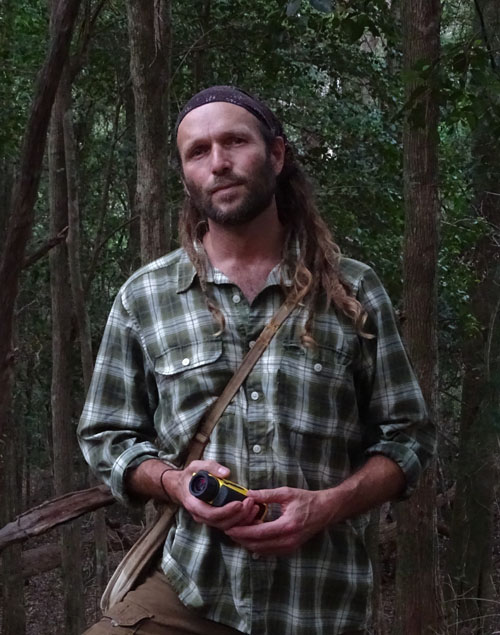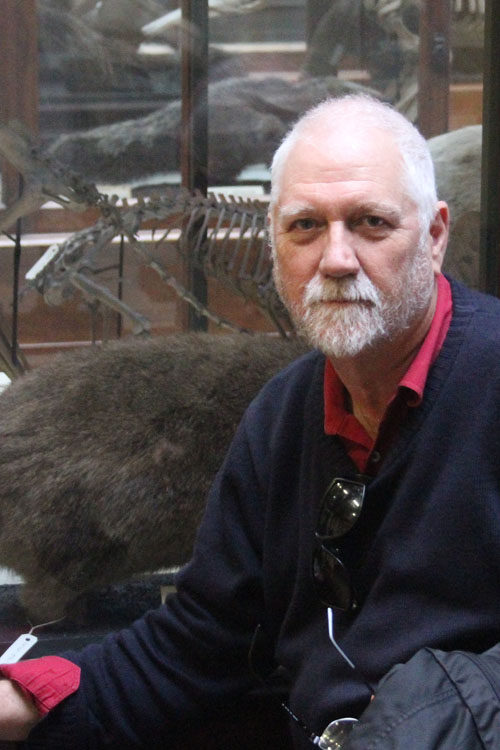
Project: 8.4.5
Better managing fires and their impacts for koala conservation
Project Leaders: Jonathan Rhodes
Research in Brief
This project aims to develop new insights into how to better manage fires and their impacts to ensure the long-term persistence of koalas in fire-prone parts of the species’ range. This will include developing:
- a better understanding of fire regimes across koala habitat;
- a better understanding of the role of fire management practices (including Indigenous fire management) in responding to the risk of fire in a range of koala habitats;
- a better understanding of the impacts of fire on koalas and population recovery post-fire; and
- a framework for fire management for koalas to inform the National Koala Recovery Plan.
Why is the research needed?
Some koala populations and habitats were severely affected by the 2019–20 bushfires, particularly in New South Wales. However, managing fire, together with other threats, has long been a challenge for koala conservation, particularly in contested landscapes.
The impact of fire can be managed in two primary ways. First, managing fire risk is important for minimising the chance that inappropriate fires regimes degrade koala habitat and lead to fires that are severe when they do occur. Second, when fires do occur, managing koala populations and habitat to maximise the chance of recovery, while considering other threats and factors, is critical. However, little guidance is available about the effectiveness of different management actions and how to best allocate resources to these different activities for managing koala populations.
How will the research help?
The findings of this project will inform decision-making and on-ground action through the National Koala Recovery Plan, and Queensland and New South Wales koala conservation strategies. Specifically, the project will support the recovery of the koala by providing:
- conceptual models of the benefit of alternative fire management strategies for koala persistence and recovery;
- understanding of the role of fire in driving benefits and risks to koalas;
- better informed recovery and other management plans for koalas in Queensland, New South Wales and nationally.
This project will link to Projects 4.4.12 and 7.7. Project 4.4.12 is developing an approach to identify priority areas for koalas nationally. This project will help to assist with identifying appropriate fire management and response strategies in these priority areas for the National Koala Recovery Plan. Project 7.7 is developing a threat management prioritisation approach for threatened species and this project will help to refine prioritisation approaches with respect to fire and specifically for the koala.
What research activities are being undertaken?
This project will:
- Develop a conceptual model of the role of alternative fire management options (including Indigenous fire management practices) on koala habitat quality and fire risk in koala habitat, and the role of alternative post-fire management options (including translocation, habitat restoration and predator control). This will include a review of the literature, and also draw on expert input.
- Undertake an elicitation of the effectiveness of the alternative fire management options identified in two case study areas (one each in New South Wales and Queensland) to achieve the long-term persistence of koalas in fire-prone landscapes.
- Provide recommendations for fire management options in areas identified as priorities for koala conservation through Commonwealth and state koala recovery and management processes.
Who is involved?
The project is being led by researchers at The University of Queensland.
Where is the research happening?
The research is taking place in Queensland, the Australian Capital Territory and New South Wales.
When is the research happening?
The project is running from January 2020 to June 2021.
Further Information
For more information please contact:
Jonathan Rhodes j.rhodes@uq.edu.au
Top image: Craig Garrett, Unsplash




